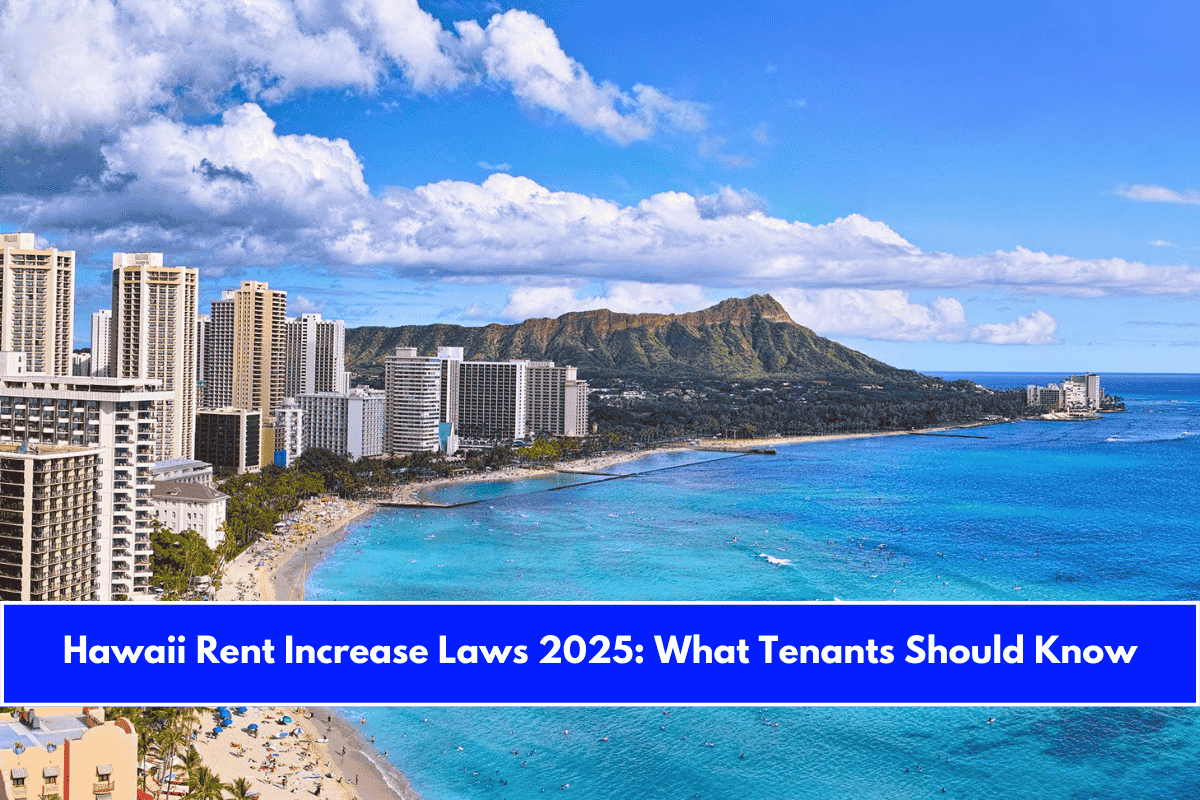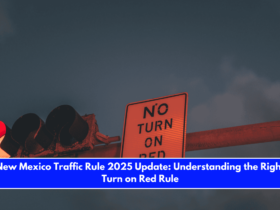Hawaii does not have statewide rent control in 2025, meaning there is no legal cap on how much a landlord can raise the rent for most private residential properties. However, there are important rules and procedures that both tenants and landlords must follow regarding rent increases:
Key Points for Tenants
1. Notice Requirements
- Month-to-Month Tenancy: Landlords must provide at least 45 days’ written notice before a rent increase takes effect.
- Week-to-Week Tenancy: A 15-day written notice is required.
- Fixed-Term Lease: Rent cannot be raised during the lease term unless the lease specifically allows for it. Increases can only be proposed at renewal.
2. No Statewide Rent Control
- There is no statewide limit on the amount a landlord can increase the rent. Increases must, however, comply with lease terms and cannot be discriminatory or retaliatory.
3. Local Ordinances
- While the state does not impose rent control, some counties or islands (such as Maui) may have local rules or emergency moratoriums—especially in response to crises like natural disasters or pandemics. Always check local regulations.
4. Illegal Rent Increases
- Rent increases are illegal if:
- The landlord does not provide the required written notice.
- The increase is in retaliation for tenant complaints or exercising legal rights.
- The increase is discriminatory based on race, religion, sex, familial status, disability, etc.
- The property is uninhabitable or violates health/safety codes.
5. During a State of Emergency
- Rent increases may be temporarily prohibited during a declared state of emergency.
6. Public and Subsidized Housing
- Special rules apply, such as phased-in increases for certain conversions (e.g., RAD conversions in public housing), and tenants should consult their housing authority for details.
Summary Table: Hawaii Rent Increase Laws (2025)
| Lease Type | Notice Required | Limit on Amount? | Can Increase Mid-Lease? | Notes |
|---|---|---|---|---|
| Month-to-Month | 45 days | No | Yes, with notice | No retaliation/discrimination allowed |
| Week-to-Week | 15 days | No | Yes, with notice | |
| Fixed-Term Lease | N/A | No | Only if lease allows | Otherwise, at renewal only |
| Public/Subsidized | Varies | Special rules | Varies | Check with housing authority |
What Tenants Should Do
- Read all notices carefully and check that the required notice period is given.
- Review your lease for any clauses about rent increases.
- Check local ordinances for additional protections or limits.
- Seek legal help if you believe a rent increase is retaliatory, discriminatory, or not properly noticed.
In summary: In Hawaii, landlords can generally raise rent as much as they want, as long as they provide the proper written notice and follow all anti-discrimination and anti-retaliation laws. There are no statewide caps or frequency limits, but always verify if local rules or emergency orders apply to your area.
Sources:
- https://www.doorloop.com/laws/hawaii-landlord-tenant-rights
- https://www.hemlane.com/resources/hawaii-rent-control-laws/
- https://www.hawaii.edu/fachousing/wp-content/uploads/sites/26/2025/05/rateincrease2025.pdf
- https://www.steadily.com/blog/rent-increase-laws-regulations-hawaii











Leave a Reply